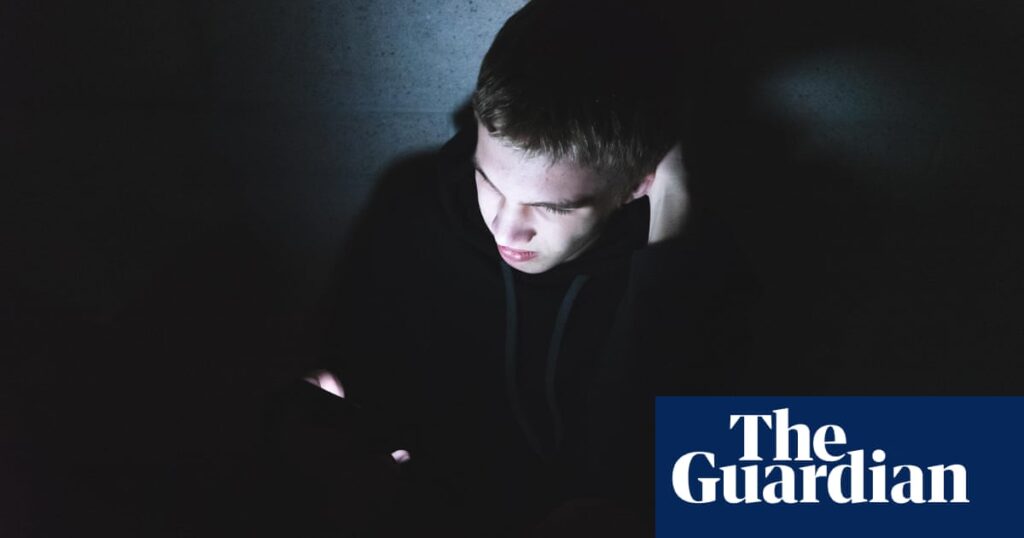The League of Women Voters of Wisconsin called on the Justice Department to investigate text messages targeting young people and threatening to dissuade them from voting in the November election.
The League of Women Voters said it first learned of the alleged text campaign on October 10, when it received numerous complaints from voters who received the texts. Two people in their 20s who are active with the League of Women Voters also received messages like the following: “Warning: Violations of Wisconsin Statutes 12.13 and 6.18 can result in a fine of up to $10,000 or 3 1/2 years in prison. Do not vote in states where you are not eligible.”
The rules governing voter eligibility for college students are no different than for any other Wisconsin resident: To vote in Wisconsin, you must have lived at your current address for at least 28 days before the election.
Some Republican-controlled states are trying to crack down on student voting, drafting bills that would limit the use of student ID cards as voter identification and close campus polling places. Most lawmakers have justified the measure as a way to prevent voter fraud. Some have publicly complained that voting is too easy for college students, who tend to support Democratic candidates.
“They’re basically putting polling places next to dorms, so you can get out of bed and vote,” Cleta Mitchell, Trump’s former lawyer, told donors at an April 2023 retreat. All I have to do is go back to bed.” He emphasized the importance of limiting campus voting.
In Wisconsin, Republican lawmakers have proposed a bill in 2024 that would require University of Wisconsin campuses to provide students with information on how to vote from their home state.
Debra Cronmiller, executive director of the League of Women Voters of Wisconsin, said she wanted “some accountability for an attempt to intimidate voters,” and called the apparent mass mailing unusual.
“As a voting rights group, as a national organization, we’ve been planning for so many different scenarios that could disrupt the election,” Cronmiller said. “I think it’s because of all the preparation we’ve done that we were able to respond so quickly to this particular threat.”
In a letter to Attorney General Merrick Garland, the League of Women Voters of Wisconsin and the nonprofit group Free Speech for People said the text messages “targeted young voters between the ages of 18 and 25” and “were “It reached many voters like me,” he said. Part of the University of Wisconsin System. Now, the letter says, “Many students and other young voters face criminal prosecution if they register and exercise their right to vote because of malicious and inaccurate texts sent by anonymous parties.” I’m afraid that he will.”
The group called on the attorney general’s office to investigate and publicly identify the people and entities behind the text messages.



